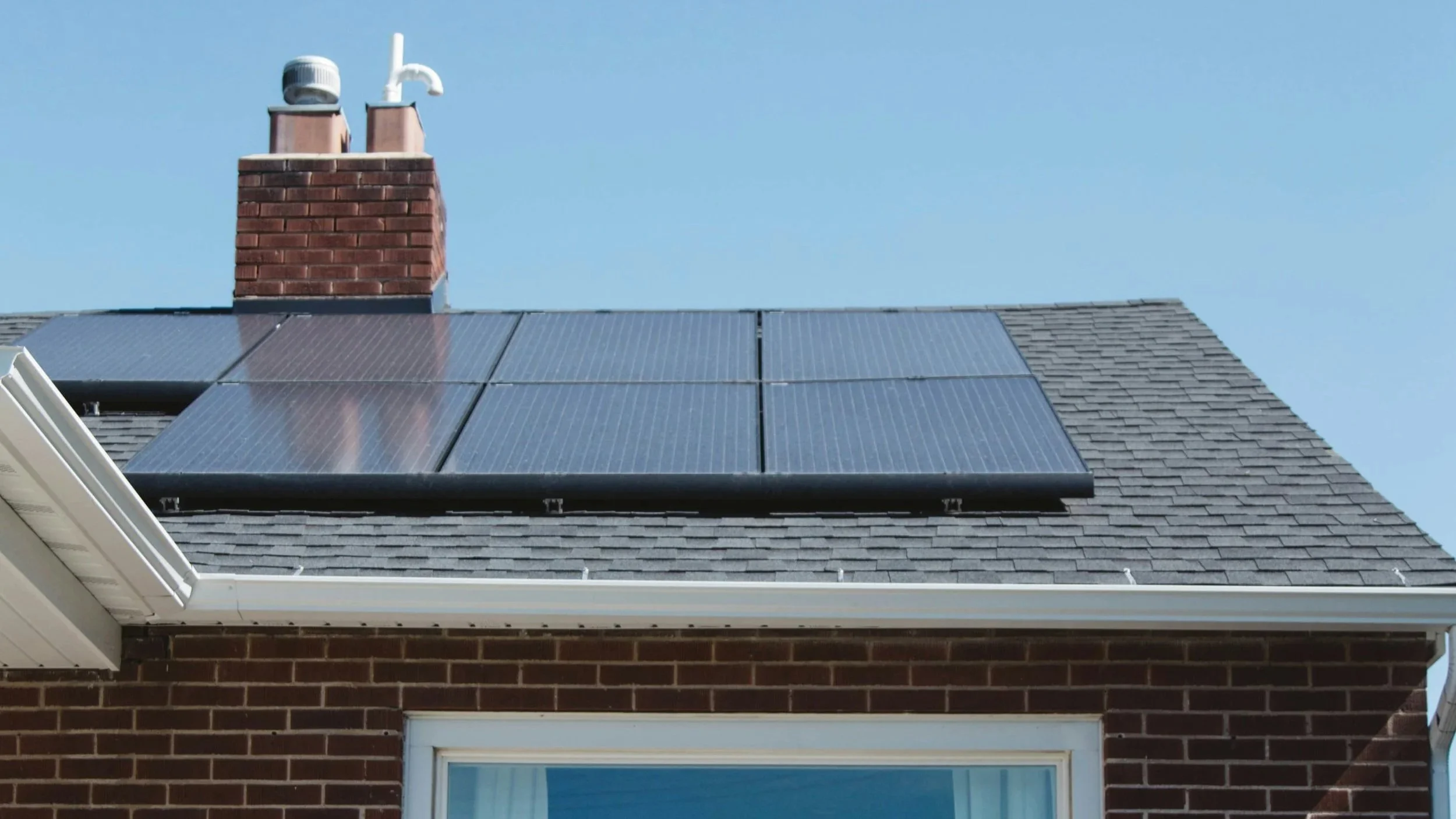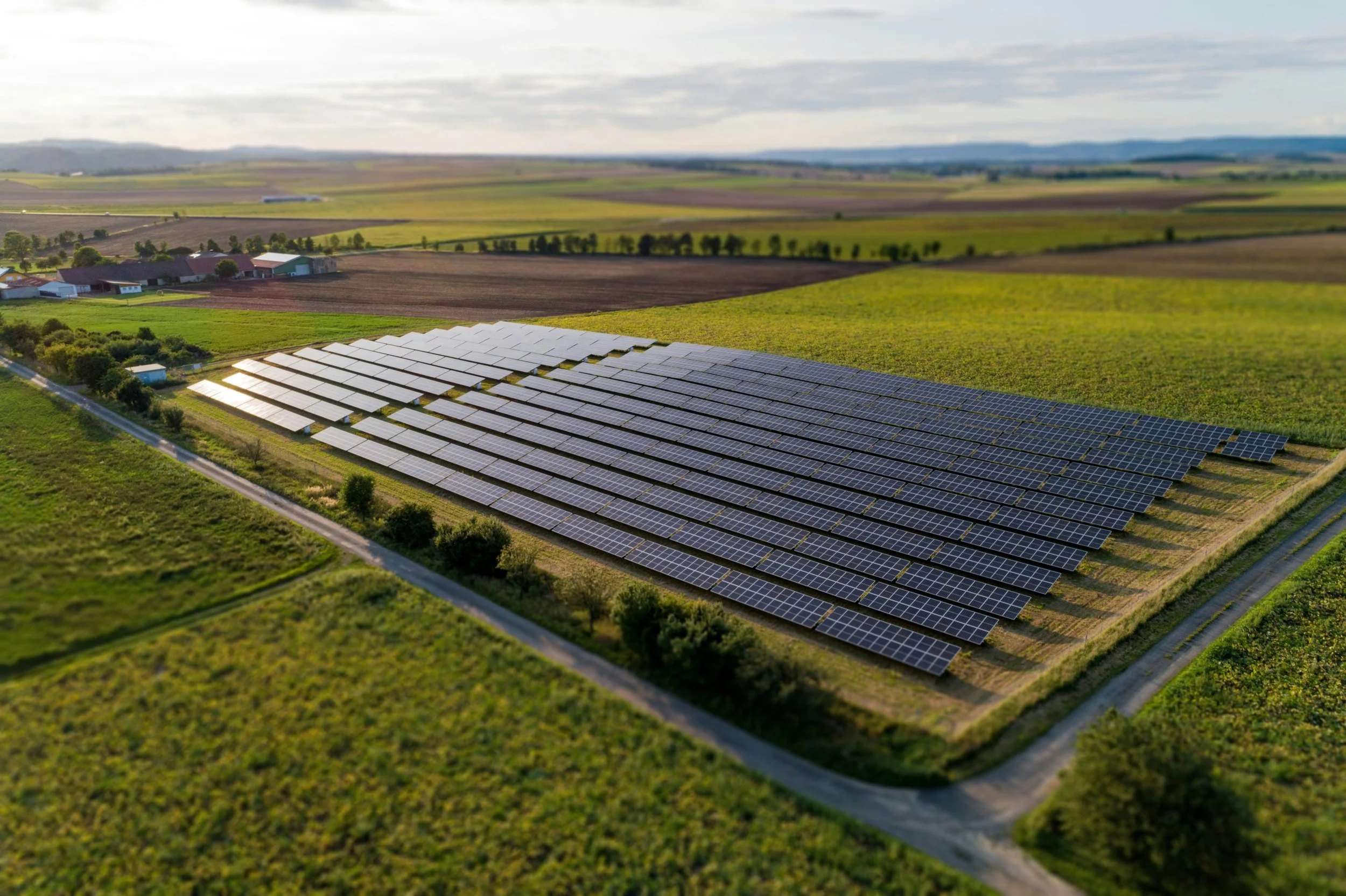How MG Waste Management can support with the recycling of solar panels.
Here at MG Waste Management Ltd, we're excited to introduce our UK Wide solar panel recycling Service designed to make PV Panel recycling a breeze for you.
We provide a complete, compliant solar panel recycling and solar infrastructure removal service for homeowners, installers/fitters, facilities teams, and large commercial project managers. Whether you have a single domestic system or a multi-site industrial rollout, we help you remove, handle, and recycle solar equipment responsibly keeping your project safe, efficient and compliant.
We support:
Residential customers (homes, landlords, housing associations)
Commercial sites (offices, retail parks, warehouses)
Industrial locations (manufacturing, logistics, utilities)
Large-scale projects (solar farms, portfolio upgrades, end-of-life replacements)
End-to-end service: collection, removal, and compliant recycling
Solar panel recycling is rarely just “panels.” We manage the full scope of solar equipment and associated components, including:
Solar panels / PV modules
Mounting systems & fittings (frames, brackets, rails, fixings)
Cabling & containment (DC/AC cables, trunking, conduit)
Inverters (string inverters, central inverters, microinverters)
Battery storage systems (including lithium-ion systems, where applicable)
Balance of system equipment (junction boxes, isolators, monitoring units and related hardware)
If you need a single uplift or phased collections for a live site, we can design the approach around your programme.
Support for homeowners and residential removals
If you’re a homeowner and your system is damaged, outdated, or being replaced, we can help with a straightforward process:
Advice on what can be collected and how to prepare items safely
Collection arranged around your availability
Responsible recycling with compliant handling of relevant waste streams
Clear communication throughout, so you know exactly what is being removed and how it is processed
Where required, we can also advise on safe segregation of components (panels vs cabling vs electrical equipment), especially when systems include battery storage.
Large commercial and industrial projects
For commercial and industrial customers, we provide a structured, project-led service that can include:
Site assessments and collection planning
Phased removals to match refit timelines and minimise downtime
Bulk uplift and logistics coordination across single or multiple sites
Documentation support suitable for compliance and audit needs
Consignment-focused collections for mixed loads (panels, fittings, cabling, inverters, and batteries)
If your project includes ongoing works, we can schedule repeat collections to keep sites clear, safe, and operational.
Installers, fitters, and ongoing projects
We work closely with solar installers and fitters who need a dependable recycling and waste partner on active jobs. If you’re removing and replacing systems as part of upgrades, repairs, or maintenance programmes, we can support with:
Regular uplift arrangements (planned or on-demand)
Fast turnaround collections to reduce site clutter and risk
Flexible volumes from a few panels to full commercial arrays
Clear guidance on segregation and packaging so your team can keep moving
What we can handle
We can manage the recycling and removal of solar-related waste streams including:
PV modules and associated packaging
Mounting and fitting hardware
Electrical cabling and related materials
Inverters and electrical control equipment
Battery storage equipment (subject to classification and safe handling requirements)
If you’re unsure what category your equipment falls into, send us a list or photos and we’ll advise on the best route.
Book a collection / request a quote
Contact MG Waste Management to discuss your solar recycling requirement. We can support one-off collections, ongoing uplift schedules, and full project clearances.
Get in touch with your location, approximate volumes and whether items are loose, palletised then we’ll propose the safest and most efficient collection plan.





